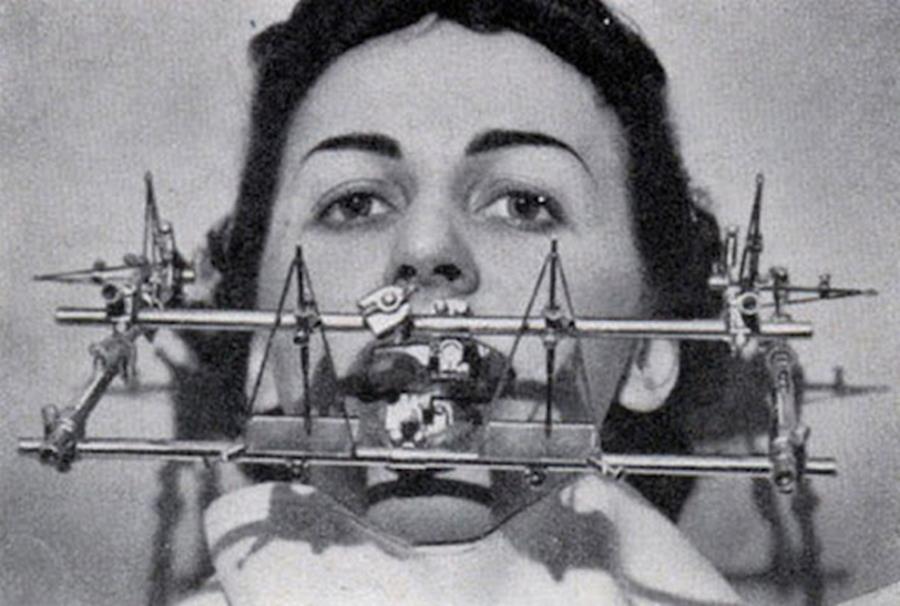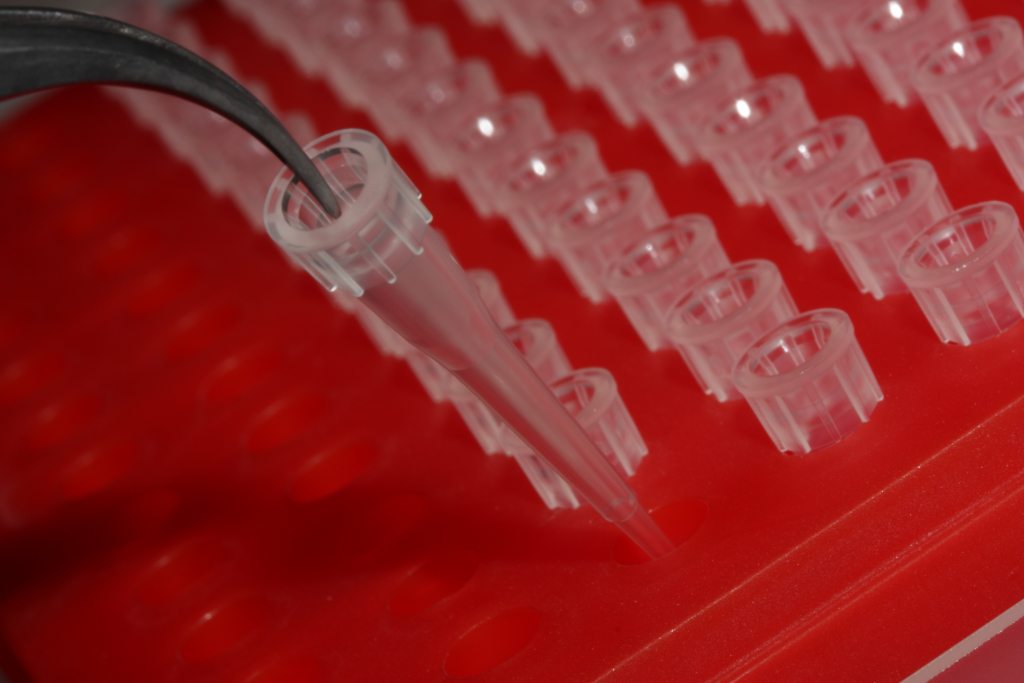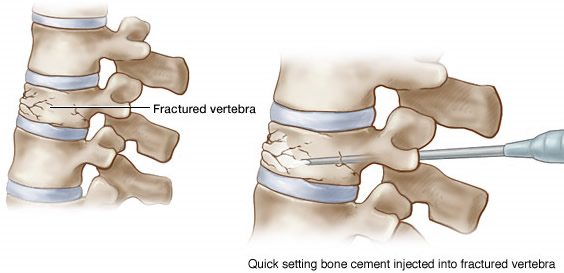Category: Medical devices

The Gene: An Intimate History
Six years ago I reviewed Siddhartha Mukherjee’s book The Emperor of All Maladies: A Biography of Cancer. It was hands-down one of the best books I have ever read on a medical topic. Now he’s done it again. His new book is titled The Gene: An Intimate History. Mukherjee is a superb writer. Much of what I said about his first book...

Use of Dental Appliances in the Management of Tourette Syndrome
Editor’s note: This Science Based Medicine blog post is another collaborative effort between Grant Ritchey and Clay Jones. Not only have they previously co-authored an SBM post on fluoride, their partnership has recently expanded into other areas of science journalism. Since the departure of Dr. Jason Luchtefeld as co-host of The Prism Podcast, Clay has joined Grant as the new co-host. To...
The Blood Cleaner: Invented by Ray Jardine
I recently heard about a man who was planning a hike in a tick-infested area and thought he could avoid Lyme disease by using Ray Jardine’s Blood Cleaner. Ray Jardine is a well-known mountaineer, rock climber, long-distance hiker, and outdoor adventurer. A lightweight hiking enthusiast, he has branched out into selling lightweight equipment like backpack kits, tarps, and insulated hats. Most of...
Pulsed Electromagnetic Field Snake Oil
Noel Edmonds is a game show host, famous for Britain’s version of Deal or No Deal. As far as I can tell, he has no medical or scientific qualifications at all. This unfortunately has not stopped him from using his celebrity status to offer dubious medical advice via his Twitter feed. Such is the world in which we live. Edmonds tweeted, referring...
April Fool Cannot Surpass SCAM
It’s April Fools’ day in the US of A. One of the internet traditions is to come up with a story that is weird or unlikely, but not so weird or unlikely that it is not believable, in order to fool people that the story is real. I gave it the old SBM try, I really did, but I couldn’t do it....
Willow Curve Device for Pain: Strong Claims, Weak Evidence
Willow Curve is advertised as the “world’s first digital anti-inflammatory device”, “a laser smart device” designed to relieve joint pain with thermal and photonic energy. It contains over 150 bio-sensory and bio-therapeutic components that continuously monitor the body’s thermal and electrical response to the device, and computer chips use that information to tailor a digital prescription on the fly. That prescription consists...
Galvanic Skin Response Pseudoscience
Selling snake oil is all about marketing, which means that a good snake oil product needs to have a great angle or a hook. Popular snake oil hooks include being “natural,” the product of ancient wisdom, or “holistic.” Perhaps my favorite snake oil marketing ploy, however, is claiming the product represents the latest cutting-edge technology. This invariably leads to humorous sciencey technobabble....
Cryotherapy: A Layman’s Attempt to Understand the Science
NOTE: I get a lot of emails asking me whether treatment X is evidence-based or a scam. This one was different. Zachary Hoffman had done his homework and had already answered the question for himself (at least, as well as it could be answered with the existing published evidence). I asked him to write up his findings as a guest post for...

New FDA regulatory role threatens bogus diagnostic tests
The FDA regulates in vitro diagnostic devices (IVDs) as medical devices. IVDs analyze human samples, such as blood, saliva, tissue and urine. However, in the past, the agency did not use its authority to regulate what are known as “laboratory-developed tests” (LDTs), tests developed and performed at a single laboratory, with all samples sent to that particular lab for testing. Instead, it...

Do doctors pay attention to negative randomized clinical trials?
We at the Science-Based Medicine blog believe that all medicine, regardless of where it comes from, should be held to a single science-based standard with regards to efficacy, effectiveness, and safety. We tend to focus primarily on “complementary and alternative medicine” (CAM), now more commonly known as “integrative medicine,” because (1) we believe it to be undermining the scientific basis of medicine...

